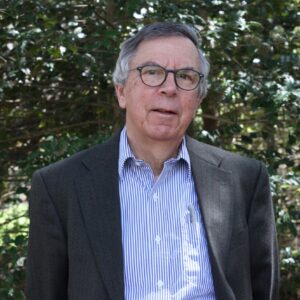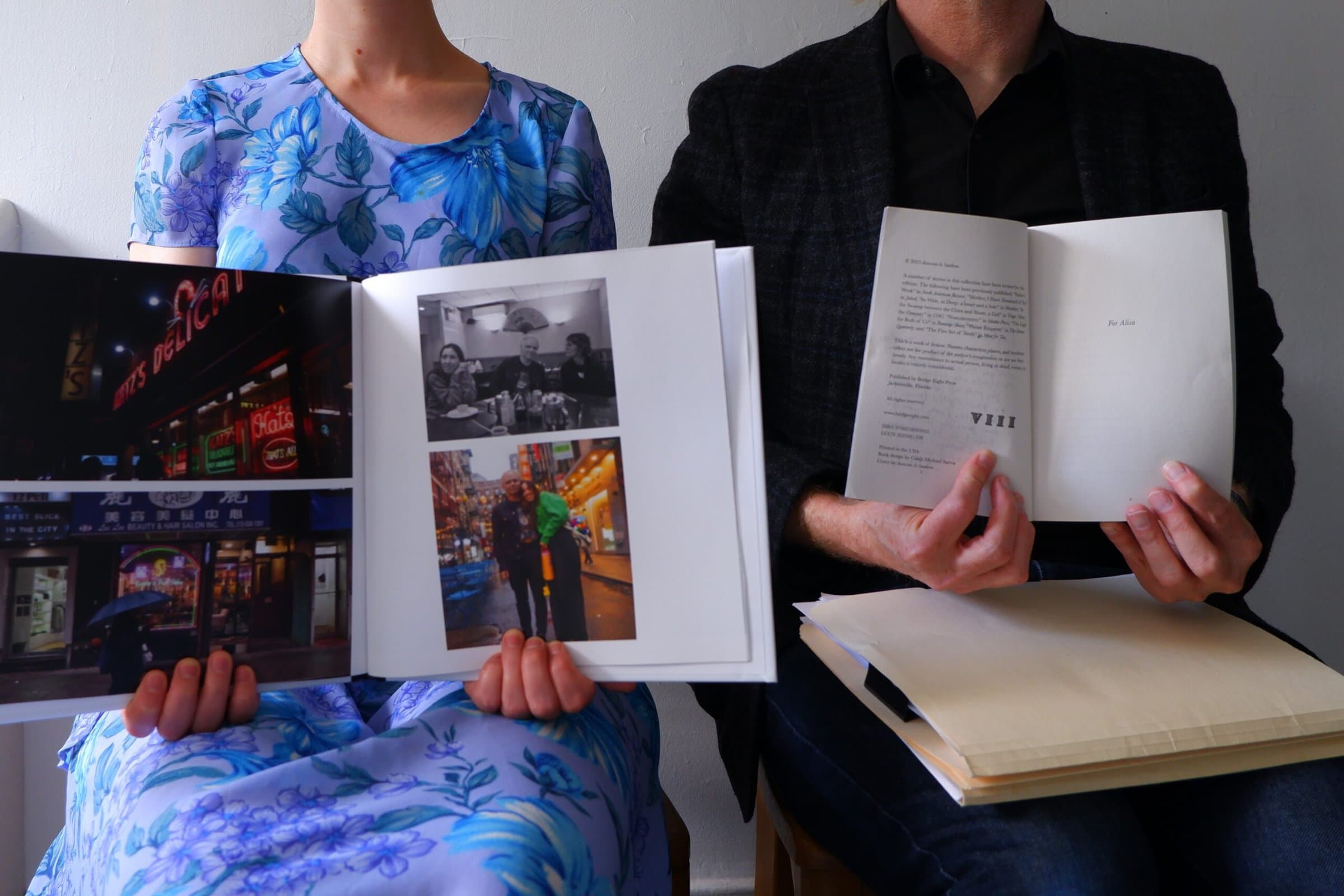Jeremy Popkin is a professor of history emeritus at the University of Kentucky. He lives in Lexington, Kentucky, and has been a member since 1973.

Jeremy Popkin
Website: https://history.as.uky.edu/users/popkin
Alma maters: BA, University of California, Berkeley, 1970; AM, Harvard University, 1971; PhD, University of California, Berkeley, 1977
Fields of interest: France, press and media, life-writing, Haitian Revolution, American Jewish history
Describe your career path. What led you to where you are today?
I was lucky to get a tenure-track job during the tough job market in the late 1970s. I never expected to spend my whole career at the University of Kentucky, but I have been fortunate to have wonderful colleagues and the freedom to pursue a number of different interests.
How have your historical interests evolved across your career?
Over time, I have researched and written about a number of different topics: the French Revolution, the history of the press, the relations between autobiographical writing and history, the Haitian Revolution, the story of my own Jewish family, and now the history of Lexington, Kentucky, in the 19th-century. I’ve also done many different kinds of writing: academic monographs, textbooks, and now books that try to combine scholarly rigor with enough drama to attract those famous “general readers.” History has given me skills that have enabled me to go in a number of different directions.
What projects are you currently working on?
The First Emancipation: The Forgotten Story of Abolition in Revolutionary France (forthcoming, Princeton University Press, 2026); Benjamin Gratz: A Kentucky Jew in the Age of Slavery and the Civil War (forthcoming, University Press of Kentucky).
What is your favorite historical site to visit?
Paris and Berlin
What’s the most fascinating thing you’ve ever found at the archives or while doing research?
Too many archival discoveries to count! Most recently, personal letters from Benjamin Gratz, Lexington’s first Jewish resident, in the Princeton University Library, of all places. They have totally transformed my project on his life.
Who in your life served as a teacher or mentor and influenced your understanding of history?
Many people, starting with my father, Richard Popkin, a historian of philosophy who showed me how the study of the past could be an all-consuming passion. Carl Schorske during my undergraduate years, for making ideas come alive. Hans Rosenberg in graduate school, for insisting on the need for intellectual rigor and honesty in history.
What do you value most about the history discipline and community?
Being a historian allows one to explore the full range of human life. The community of historians gives each of us support and the assurance that our individual efforts contribute to a larger collective endeavor.
Do you have a favorite experience with the AHA?
Unexpected encounters with old friends, and unexpected encounters with new people.
If you have served on the AHA Council, a committee, or an AHR advisory board, what has been your favorite part of that experience?
Lively discussions at meetings of the American Historical Review editorial committee.
AHA members are involved in all fields of history, with wide-ranging specializations, interests, and areas of employment. To recognize our talented and eclectic membership, Perspectives Daily features a regular AHA Member Spotlight series.
This work is licensed under a Creative Commons Attribution-NonCommercial-NoDerivatives 4.0 International License. Attribution must provide author name, article title, Perspectives on History, date of publication, and a link to this page. This license applies only to the article, not to text or images used here by permission.


